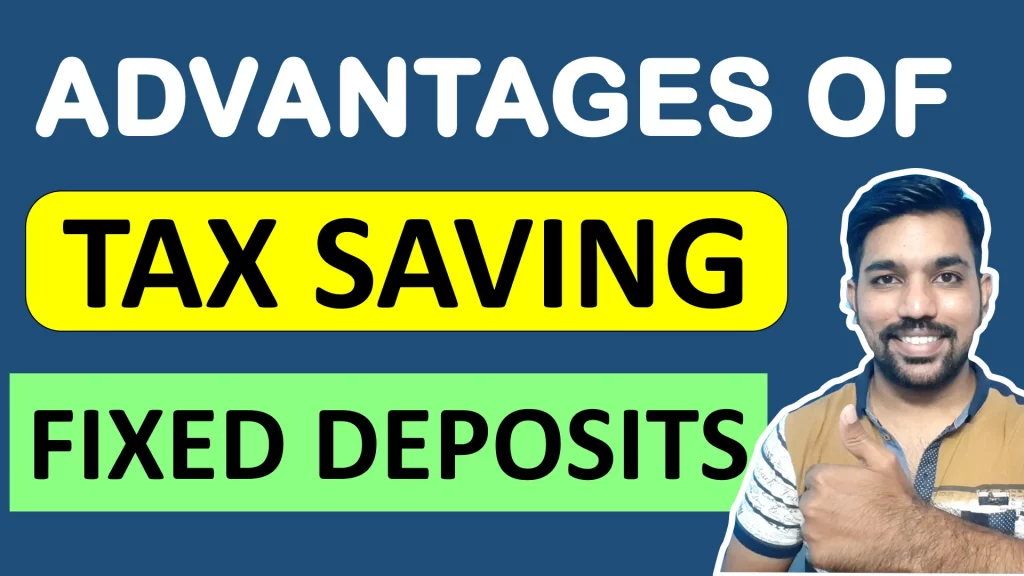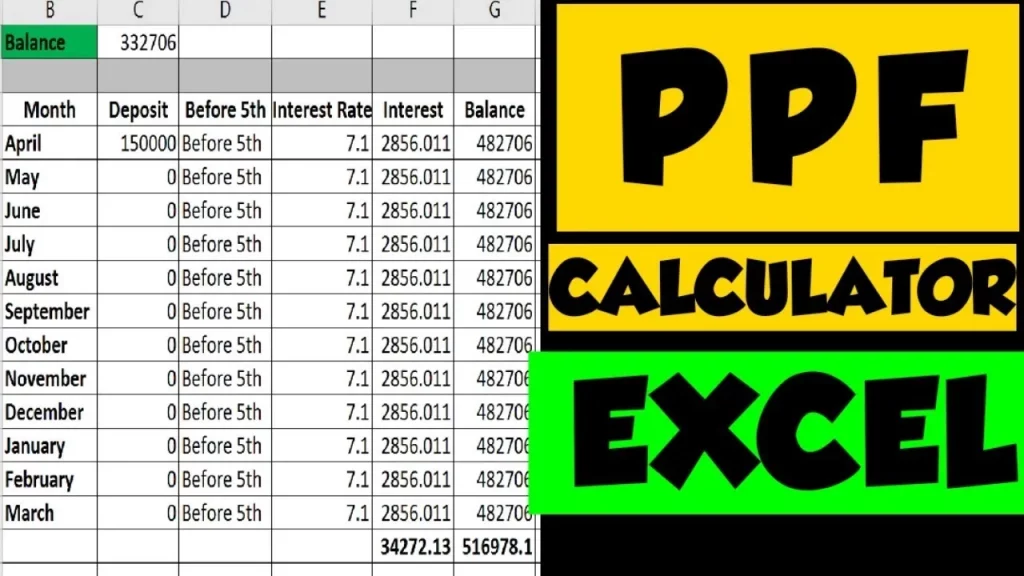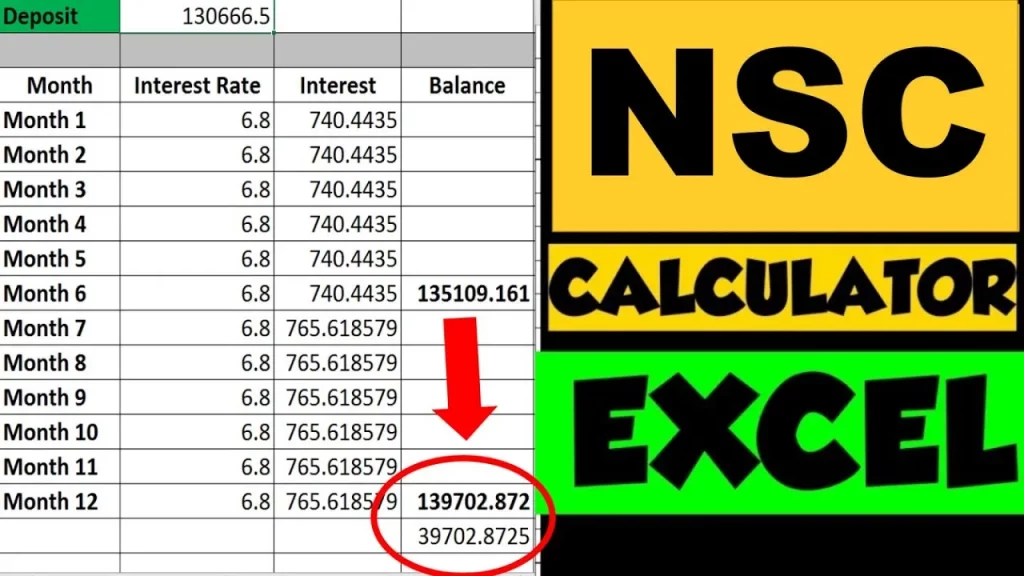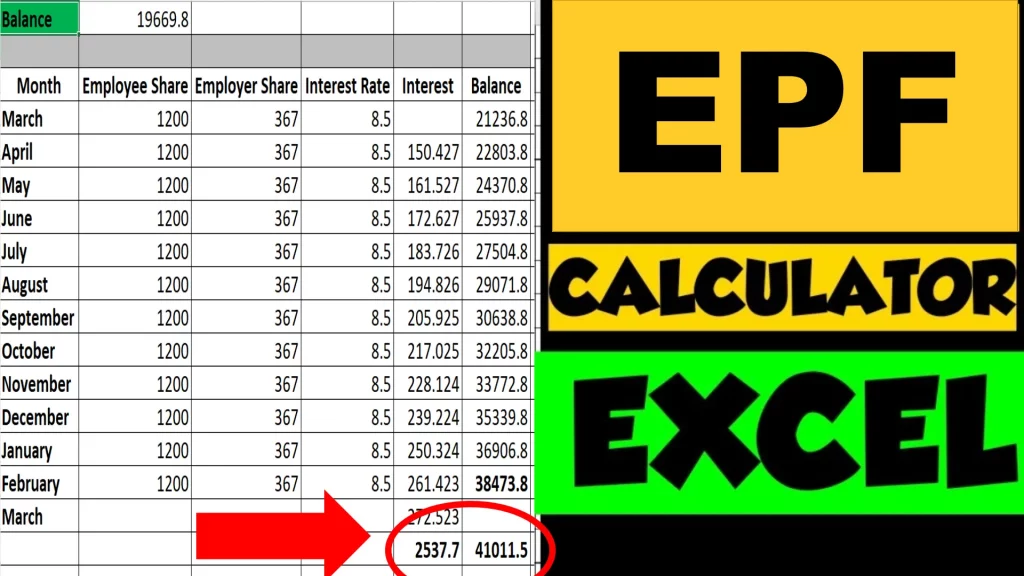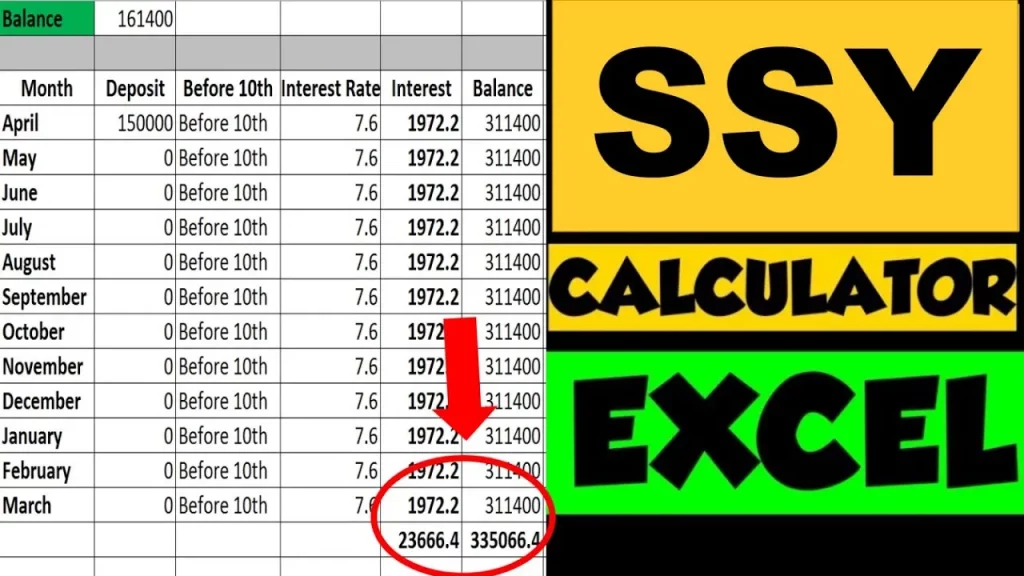Tax saving Fixed Deposit or FDs are financial investments offered by banks and NBFCs where you can deposit money and earn more interest than a normal savings investment scheme.
According to section 80C, your investments under the tax saving FD scheme with the best FD rates are exempt from tax deductions. Regular FDs may indeed offer higher returns, but most of these offer no tax benefits.
Listed below are the advantages of tax-saving fixed deposit.
1. Accessibility and ease of use
A fixed deposit scheme can be applied to all banks, whether they are public sector or private sector banks. It is possible to open the tax saving FD through internet banking. If you have already completed the KYC formalities at your bank, you do not need to go to the bank to open a tax saving FD and can open it online easily.
2. Guaranteed Returns
There is a difference between tax saving FDs and savings accounts regarding interest rates. It is estimated that the rate will range from 7 % to 8 %.
A Tax saving FD’s interest gains also vary with tenure, so a long-term tax saving FD accrues better interest. You can find fixed deposit interest rate comparison charts online that will help you see which bank offers the best returns on your investment.
Watch below video to know Fixed Deposit Interest Calculation.
Fixed Deposits Interest Calculation Video

Watch more Videos on YouTube Channel
3. Exemption from taxation
Section 80c of the Income Tax Act exempts the depositor’s original monetary amount from taxation. Salaried workers and business owners widely use tax-saving options such as FDs. According to the section, Tax saving FD deposits are eligible to be tax-exempt for up to Rs 1.5 lakhs.
4. Allow partial withdrawals
Some banks offer Tax saving FD schemes that allow for partial withdrawals of portions of the funds. The same interest rate on the balance of the Tax saving FD account remains after withdrawal. Therefore, FDs with tax savings are more lucrative and can be used to withdraw funds in times of need or crisis.
ALSO READ: Latest Post Office Interest Rates
5. Possible to open Tax saving FDs in multiple banks
You can open a variety of Tax saving FDs at any bank, as well as at multiple banks at the same time. Tax saving FD offers a great way for people to invest the money they save through taxes. There will be no taxation of the interest gained if it does not reach the exemption limit of Rs 1.5 lakhs.
6. Provide a loan facility
It is also possible to get a loan with the help of a Tax saving FD. During times of need, depositors can obtain the funds through the loan facility. For the loan to be approved, the principal plus interest accrued on it may be extended up to 90%.
7. Safe and secure
FD is safe and secure to invest in Tax saving FDs. There is no possibility of market fluctuations affecting interest rates, as with mutual funds and other financial schemes linked to the market. Tax saving FDs also have fixed interest rates until they reach maturity during a given period.
ALSO READ: Savings Account Interest Calculation
8. Better interest rates for senior citizens
The interest rates on tax-saving fixed deposits are even better for senior citizens. The interest rate may vary depending on the bank and the tenure of the tax-saving fixed deposit.
There is a possibility that it could be as high as 8%. The deposits allow seniors to earn a high income, which they need as they age.
9. Open a single or joint bank account
The joint account allows two or more individuals to open a Tax saving FD together. There can be no limitation to how much money can be deposited or withdrawn from the account by any member. This way, Tax saving FD accounts are made easier to manage and operate.
10. Availability for NRI
There is also the option for NRI to open a Tax saving FD or fixed deposit account and to invest in that account by depositing INR or any other foreign currency of their choice. In addition, the Indian banks provide customized tax savings FD plans to the NRIs, some of which are not taxable with best FD rates.
Conclusion
You should choose a fixed deposit if you want guaranteed returns, zero risk, and growth. On the other hand, tax savings FDs allow you to claim an income tax exemption for investments up to Rs. 1.5 lakh from section 80 of the IT Act.
There is a minimum investment requirement of Rs. 100 for a tax-saving fixed deposit, and the lock-in period is five years. So, invest your wealth safely and securely by looking up Tax saving FD rates.
Fixed Deposit Calculator
Use below Fixed Deposit Calculator to check your interest in Tax Saving Fixed Deposit:

Save Home Loan Interest Amount!
Use Home Loan Excel Calculator that will help you to Save Interest Amount on Home Loan EMI.
Click below button to download Home Loan EMI and Prepayment Calculator in Excel:
Watch how Home Loan Calculator in Excel Works
Income Tax Calculator App – FinCalC
For Income Tax Calculation on your mobile device, you can Download my Android App “FinCalC” which I have developed for you to make your income tax calculation easy.
What you can do with this mobile App?
- Calculate Income Tax for FY 2025-26 and previous FY 2024-25
- Enter estimated Investments to check income tax with Old and New Tax Regime
- Save income tax details and track regularly
- Know how much to invest more to save income tax
- More calculators including PPF, SIP returns, Savings account interest and lot more
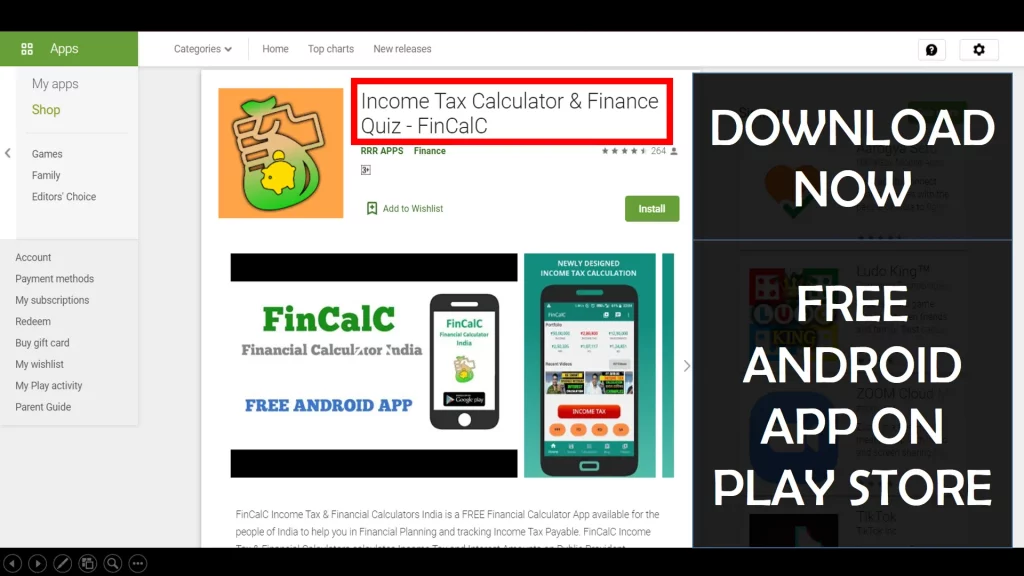
Use Popular Calculators:
- Income Tax Calculator
- Home Loan EMI Calculator
- SIP Calculator
- PPF Calculator
- HRA Calculator
- Step up SIP Calculator
- Savings Account Interest Calculator
- Lump sum Calculator
- FD Calculator
- RD Calculator
- Car Loan EMI Calculator
- Bike Loan EMI Calculator
- Sukanya Samriddhi Calculator
- Provident Fund Calculator
- Senior Citizen Savings Calculator
- NSC Calculator
- Monthly Income Scheme Calculator
- Mahila Samman Savings Calculator
- Systematic Withdrawal Calculator
- CAGR Calculator
I’d love to hear from you if you have any queries about Personal Finance and Money Management.
JOIN Telegram Group and stay updated with latest Personal Finance News and Topics.
Download our Free Android App – FinCalC to Calculate Income Tax and Interest on various small Saving Schemes in India including PPF, NSC, SIP and lot more.
Follow the Blog and Subscribe to YouTube Channel to stay updated about Personal Finance and Money Management topics.

